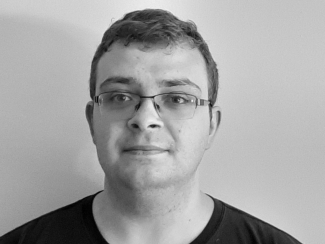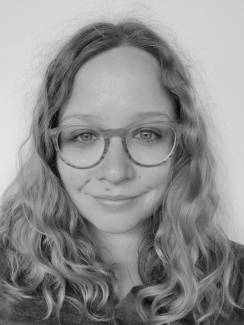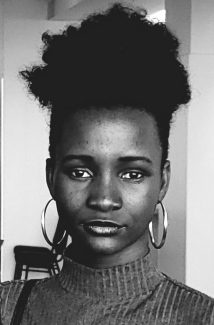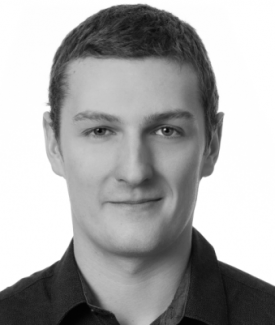This project aims to create data pipelines in diagnostic radiology in order to supply analysis and visualization tools.
The first pipeline is intended for data anonymization according to standard DICOM while the second one allows to supply Kibana (Elasticsearch) or Superset (Apache) platforms.
The Airflow orchestrator (Apache) is used to automate the execution of pipelines which could eventually supply dynamic dashboards.






